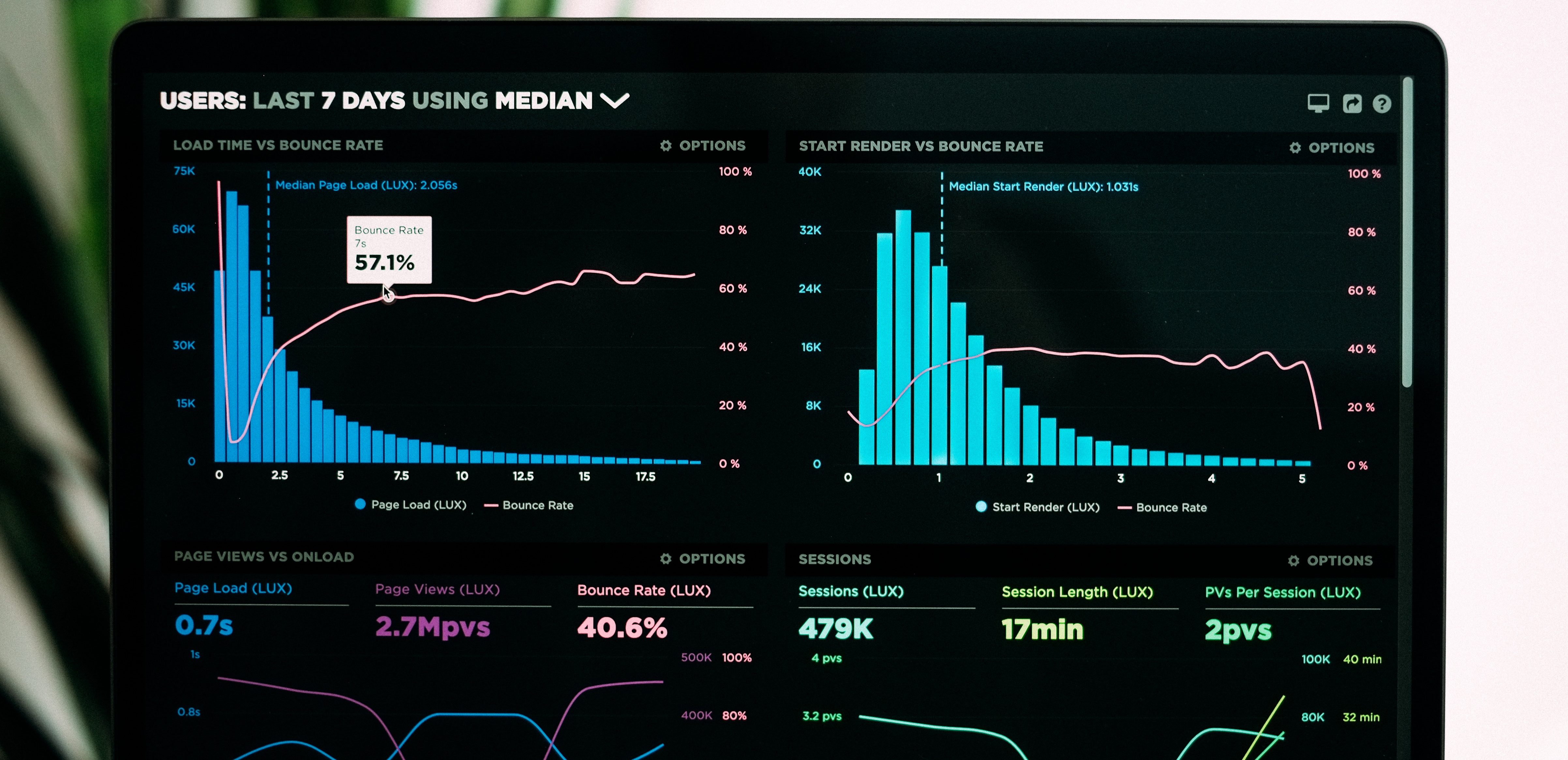


Two Hires That Early Stage Companies Usually Wait Too Long To Make
I generally believe in the adage that there are only two jobs to be done at an early stage company:
- Building the Product
- Selling the Product
Because of this, most of the early teams we invest in are heavily weighted towards engineering. The founders usually serve as the de-facto head of product and/or head of sales. The first non-engineering hire is usually focused on GTM, especially once there is some semblance of product market fit.
Aside from these roles, there are usually two hires that I strongly recommend that founders prioritize if they can find someone great. It takes some effort to convince founders of the benefits of these hires, and they often get deprioritized for seemingly more urgent needs. But I’ve found that companies really do perform better when these roles are filled with high-potential folks, and they act like a force multiplier on everything else that the company is doing.
The first hire is a really good business generalist that is focused on analytics, finance, and ops.
Yes, it’s shocking to say this, but I find that once a company has any semblance of PMF, bringing on someone like this is invaluable. Notice that I don’t call this person a head of finance. The ideal person is not someone who has been a controller or has a pure finance background. It’s more likely someone who has broader business training and a strong skill set in analytics. You’ll likely still use an outsourced controller or startup accounting service for your actual reporting. But this person will essentially be a force multiplier on the CEO.
He/she will unload a bunch of the operational overhead that the CEO often is alone in dealing with. He/she will also build the financial model and analytical dashboards that will be used to run the business. This person will also be a godsend when it comes to fundraising because he/she will support the analytical work that will be required to develop your materials and also help answer questions that require deeper analysis. It’s actually a dream job for a rising star ex banker or consultant who has moved into the startup world because you get to act like a mini CFO and COO of an early stage business.
The second role is that of a full-time designer.
Actually, I find that companies tend to either bring an in-house designer onboard very very early, or way too late. For products that are software based and end-user focused, I think that hiring a strong designer is worth doing very early in the life of a company. You can get away with contractors or outsourced design services in theory, but you lose massively on speed and ability to quickly iterate on your product.
Having someone who is thinking about your product and customers all day long will give you a better chance of producing something that stands out and reflects a unique POV on the market. You will also ship products that have a much higher degree of polish, which on balance means that customers, partners, prospective employees, journalists, and investors will all pay more attention to you when they do hear about your service.





